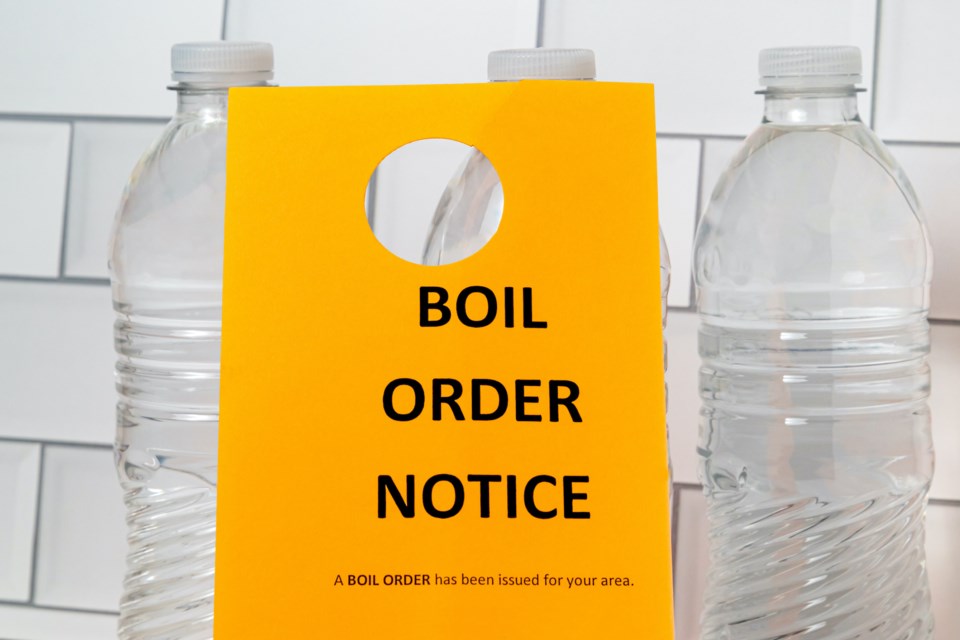Members of the Cowichan Tribes and other Indigenous communities affected by drinking-water advisories may be able to make a claim for compensation.
Last year, the courts approved a settlement between Canada and First Nations who were subject to a drinking water advisory that lasted at least one year between Nov. 20, 1995, and June 20, 2021.
The deadline for individuals to submit a claim is March 7.
The settlement includes compensation for affected First Nations and eligible individuals, as well as commitments to fund the construction, operation and maintenance of infrastructure needed to provide regular access to clean, safe drinking water in homes in a quantity sufficient for everyday use, according to a statement from organizers of The First Nations Drinking Water Settlement.
“We are encouraging individuals to submit a claim for compensation as soon as possible and are offering real support to help them in the process,” class counsel Darian Baskatawang said in the statement.
To be eligible for compensation, claimants must be a member of a First Nation, and have been affected by a drinking water advisory — boil water, do not consume or do not use — that lasted at least a year between Nov. 20, 1995, and June 20, 2021.
Anyone with questions about the claims process and assistance with the claim form can contact the administrator toll-free at 1-833-252-4220.
Class counsel is available at no cost to provide answers to legal questions related to the settlement or assistance with making a claim for specified injuries at [email protected] and toll-free at 1-833-265-7589 .
Organizers are also providing emotional support via Hope for Wellness toll-free at 1-855-242-3310, 24 hours a day, seven days a week or by online chat at hopeforwellness.ca
A list and map of the affected First Nations is available, along with more information on the settlement and the claim process, at firstnationsdrinkingwater.ca.
Last summer, Cowichan Tribes completed the Indian Road Water Project, providing clean city water to 27 homes that had previously been subject to a “do not consume” order because of arsenic in well water.
The Tommy Road Water Supply project was completed in 2018, connecting up with City of Duncan water, with funding from the federal government. Another project, the Riverbottom Road Water Supply, is in the design phase, according to the Cowichan Tribes’ website.
Before the recent projects, Cowichan Tribes told the Environment Ministry in 2010 that 90% of the 50 wells, including 10 community wells, on its reserve lands were subject to boil-water advisories.
— With files from the Times Colonist



